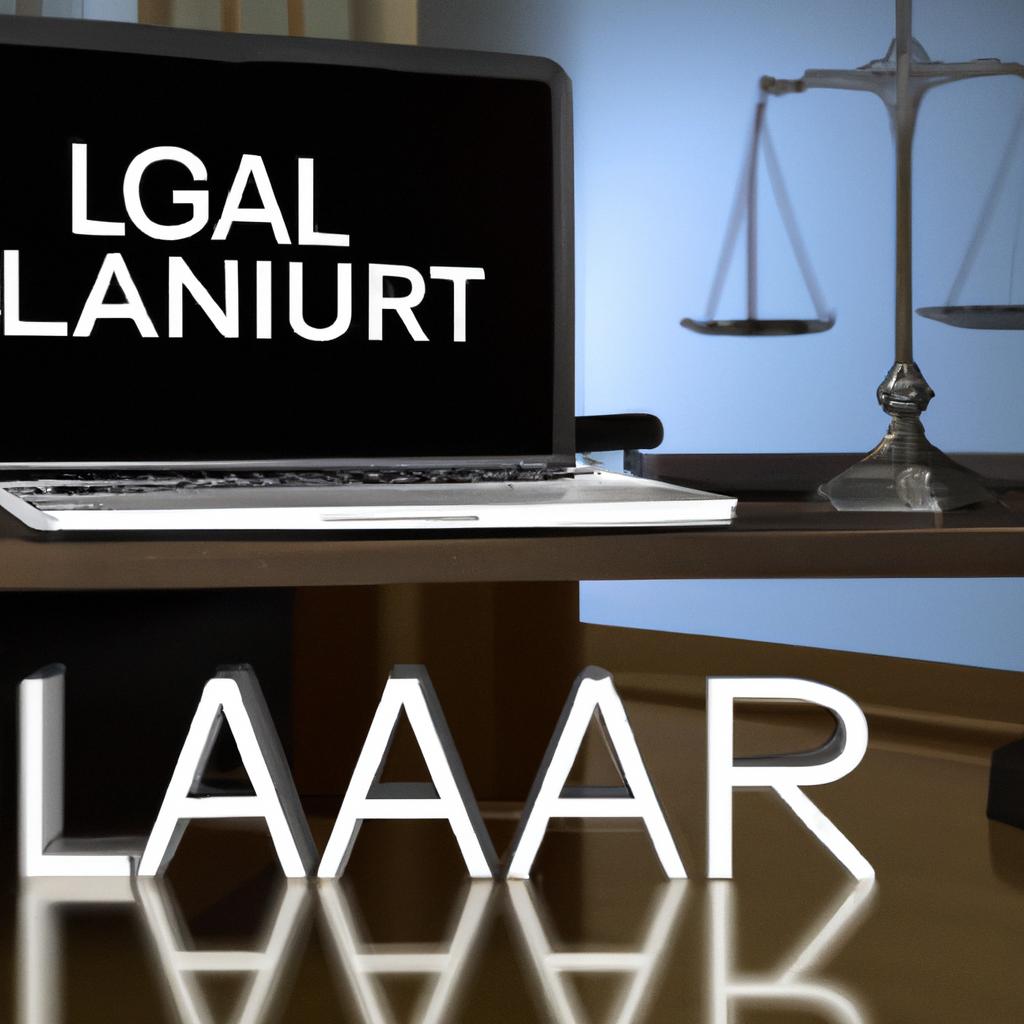Unmasking the Legal System: Essential Knowledge Every Citizen Should Know
As a resident of New York City, it’s crucial to have some basic understanding of the legal system that governs this vibrant metropolis. The complexity of New York State Law can seem overwhelming, but don’t fret! Morgan Legal Group, renowned for its experienced lawyers, aims at demystify the system to make it more accessible and comprehensible.
The Foundation of New York Law
New York State Law is an intriguing interplay of statutes, regulations, case law, and common law. It’s the backbone that upholds the justice system and establishes the ‘dos’ and ‘don’ts’ for its citizens.
Statutes and Regulations
Statutes are laws enacted by legislators, whereas regulations are rules made by governmental agencies to ensure these laws are enforced. In New York, these statutes and regulations together shape the legal landscape.
Case Law and Common Law
Case law, on the other hand, is established by court decisions. If a similar legal issue has been addressed by the court before, those rulings serve as a guideline in future cases. Common law, a system of law based on precedents and traditions, covers areas not addressed by statutory or case law.
The Legal Structure of New York
New York’s legal structure consists of courts branched differently at federal and state levels with distinct jurisdictional powers.
Federal and State Courts
Federal courts deal with federal laws and constitution, while state courts handle state-level legalities. In New York, state courts have several divisions, including Family Court, Supreme Court, and Court of Appeals.
Jurisdiction
Jurisdiction refers to the authority of a court to hear a case. New York courts, just like those in other states, are guided by specific rules about which cases they can adjudicate.
Navigating New York’s Legal Procedure
| Stage | Description |
|---|---|
| Initiation | A legal process begins with filing a petition or complaint, laying down the dispute’s basis. |
| Discovery | Here, each party gathers evidence from the opposition through interrogations, document requests, and depositions. |
| Trial | Involves presenting arguments and evidence to a judge in a formal setting. |
| Judgment | The court makes a decision based on the evidence presented during the trial. |
| Appeal | A party unsatisfied with the court’s verdict can appeal to a higher court. |
Legal Rights and Responsibilities
As a citizen, you are entitled to certain rights, such as the right to a lawyer and the right to a fair trial. Simultaneously, citizens have legal obligations, such as obeying the law, paying taxes, and serving jury duty.
A basic understanding of your local legal landscape, New York State Law in this case, empowers you to navigate legal matters confidently and smartly. Legal literacy prepares you not only to protect your rights but also to fulfill your responsibilities as an informed citizen.
Conclusion
Unmasking New York’s legal system can be a journey of complexity and confusion, but it’s a necessary one. Morgan Legal Group aims to illuminate this journey, providing the essential legal knowledge every citizen should know. Remember, a more informed citizen contributes to a more robust, fair, and transparent legal system.






